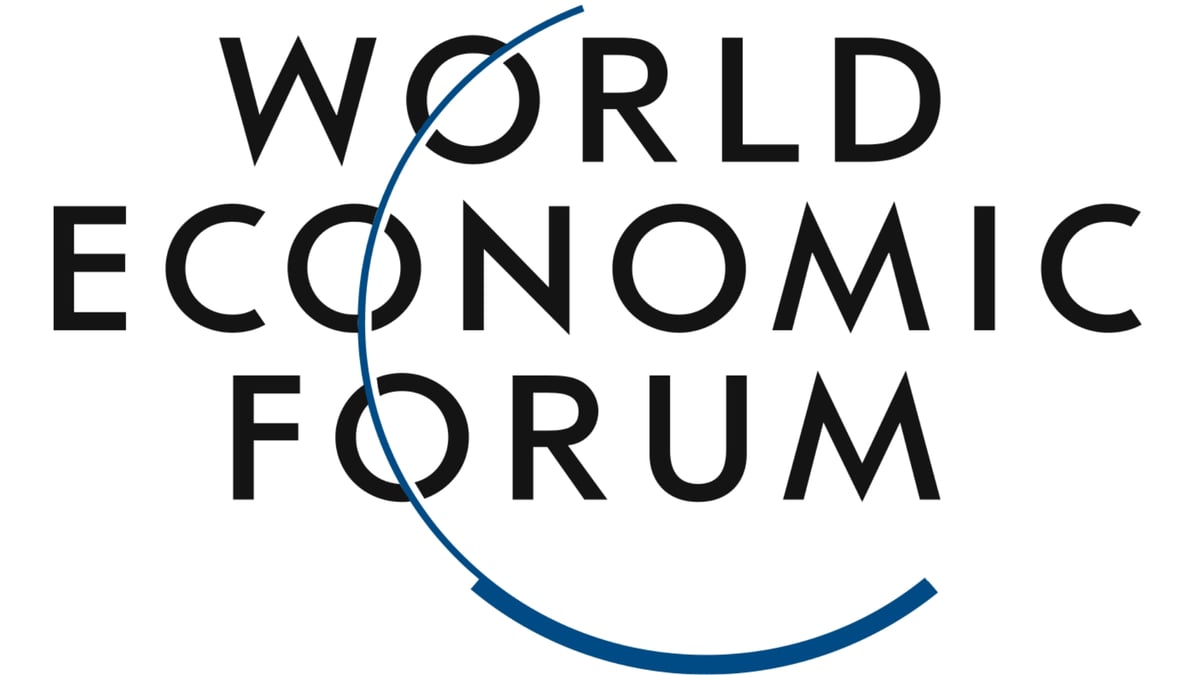The start of a new year is often known in popular culture as the weeks and months of awards, as major stakeholders of the artistic community, including the Academy Awards (Oscars), come to pass during this time of the year.
The World Economic Forum In Davos
Another staple of the beginning of the year, apart from the Australian Open and Oscars is the annual World Economic Forum Meeting, held in the Swiss Alps, in Davos.
Founded in 1971 by German engineer Klaus Martin Schwab, the WEF has been held regularly since then. Even during the pandemic years, the forum was conducted virtually.
This year is no different, as the non-governmental platform is set to hold the WEF Meeting in Davos between January 20 and January 24.

India is making a mark at this year’s events, as the country is slated to arrive in Switzerland with its largest-ever contingent under the stewardship of Union Minister Ashwini Vaishnav. |
India At Davos 2025
India is making a mark at this year’s events, as the country is slated to arrive in Switzerland with its largest-ever contingent under the stewardship of Union Minister Ashwini Vaishnav, who handles the Ministry of Information and Broadcasting, Minister of Railways and Electronics and Information Technology.
In all, the contingent will have five union ministers, three state chief ministers, and nearly 100 CEOs.
What Is WEF At Davos?
This puts a spotlight on the question of how important the World Economic Forum (WEF). First, one needs to understand what the organisation is, and how it is funded. WEF describes itself as ‘The World Economic Forum is the International Organization for Public-Private Cooperation. It provides a global, impartial and not-for-profit platform for meaningful connection between stakeholders to establish trust, and build initiatives for cooperation and progress.‘

German engineer Klaus Martin Schwab in 1971 (Extreme right of the image) |
The Critcism Of Davos
Broadly, the WEF is a lobbying platform, as stakeholders of the economy, from around the globe, from the political system to the world of corporation converge for a discourse.
This year, nearly 3,000 of its paid members will be a part of the forum.
This is where the funding of the group comes to the fore, it gets most of its funding from its 1,000 members, who are multinational corporations (MNCs).
These are companies, that have interests not just in multiple countries, but on multiple continents.
Therefore, engagement with multiple governments and their representatives becomes essential. This orientation is where the forum’s criticism also originates from.

The WEF has been accused of becoming a paradigm of major corporations to overtake larger interests and work in accordance with their market-oriented approach.
The WEF however engages political, business, academic, civil society and other leaders of society to shape global, regional and industry agendas.
The platform is a place where corporations and the private sector, have the capacity to make an impactful change. Therefore, it becomes a crucial platform for pushing avenues that concern the larger global population, may it be equity or sustainability.
However, if those agendas are limited to mere tokenism, with the real activity being directed largely and only in the favour corporations, then the criticism of WEF would find more merit.
